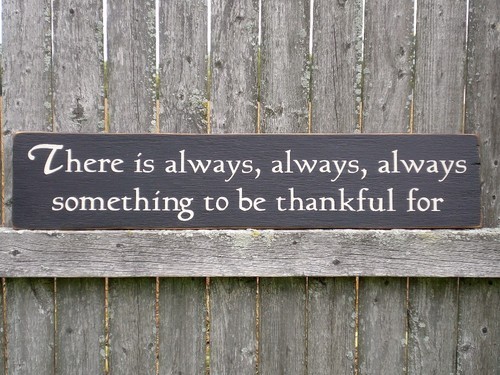 It sounds silly to ever want to make anyone cry-except if it’s with joy and gratitude. Here’s my 2 cents about the matter…
It sounds silly to ever want to make anyone cry-except if it’s with joy and gratitude. Here’s my 2 cents about the matter…
You might be surprised to hear that I advise my clients to make their teams cry. As often as possible. That’s right, what I want for everyone is to actually experience what I have in giving the right kind of unexpected and well deserved acknowledgement to a member of their own team in a way that produces tears of joy and surprise.
Think about a toonie. If you had to draw it from memory right now, would you get all the details right? How many times do you handle a toonie in a lifetime? How useful is it to you at Tim Horton’s? Yet how carefully do you notice it let alone be thankful for it?
The Toonie Exercise is the starting point of a workshop I do on the fine art of ‘Acknowledging for Managers’.
There are really only three major rules:
- Be specific and detailed:
Back in the day as a Brand Marketing Manager, when I called my assistant to thank her, I spoke about the speedy way she had helped find retail prices for the competitive brands and how that had enabled the department to have a more successful product launch at the right price.
When you give acknowledgement, talk about what you specifically appreciated, the action steps that were taken by the person in question, as well as the positive results of these actions you’re praising.
Also important is to praise the person’s characteristic, such as instead of “That dress looks good on you”, say “You have great taste; I love that red colour on you!”
- Make it timely:
When something goes wrong in the project, my bet is that as a manager, you don’t wait for the annual review to point it out to the responsible party. Similarly, a well timed ‘thank you’ on the very heels of the positive action has the best impact in the art of acknowledging. In fact, even thank you cards are recommended to be sent within 24 hours to be really valuable.
- Make sure it’s sincere:
People can smell insincerity a mile away, especially when it comes to acknowledging others. The depths of sincerity as well as the above discussed details are what set a compliment and an acknowledgement apart.
What are some of the barriers to managers properly thanking their teams? Some managers feel that it’s the job of everyone to produce viable, quality work. After all, that’s why we were hired and get paid. These same managers however probably haven’t heard of the mountain of research that shows that employees leave because of lack of recognition, not money. What’s even sadder is that employees don’t leave their companies so much as they leave their bosses.
Take the next time your team members do something good to acknowledge them properly and see if you can feel the endorphin rush of seeing their eyes moisten with pride and gratitude.
Need more chicken soup for your biz? Follow me on Twitter, friend me on Facebook, watch me on YouTube or connect with me on LinkedIn –and let’s talk

